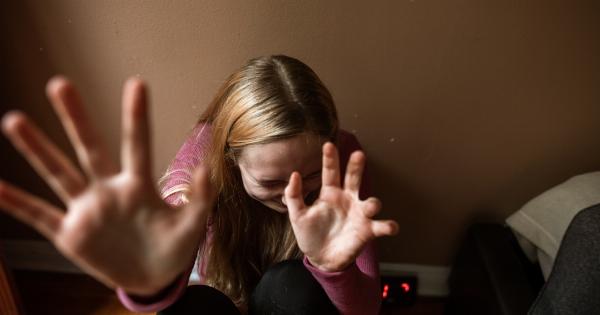Psychological abuse is a form of domestic violence that often goes unnoticed or unreported. It is a type of abuse that can happen in any relationship, regardless of gender, age, or race.
Unlike physical abuse, psychological abuse doesn’t leave visible scars, but the long-term emotional impact can be just as damaging. This article explores what psychological abuse is, the signs to look out for, and the impact it can have on individuals.
What is psychological abuse?
Psychological abuse, also known as emotional abuse, is a pattern of behavior that is designed to control, intimidate, and manipulate someone through verbal, nonverbal, or physical means. It can take many forms, including:.
- Verbal attacks and insults
- Threats and intimidation
- Isolation from friends and family
- Gaslighting (denying someone’s reality or experiences)
- Withholding affection or emotional support
- Controlling finances or daily activities
Psychological abuse is often used in conjunction with other forms of abuse, such as physical abuse or sexual abuse, but it can also occur on its own.
It is important to remember that psychological abuse is just as damaging as physical abuse, and can lead to long-term emotional trauma, depression, anxiety, and even suicide.
The signs of psychological abuse
One of the problems with psychological abuse is that it is often difficult to detect, as there are no visible signs of physical harm. However, there are some warning signs that may indicate that someone is being psychologically abused:.
- Isolation from family and friends
- Frequent put-downs and insults
- Controlling behavior, such as limiting access to money, transportation, or social activities
- Blaming the victim for everything that goes wrong in the relationship or the abuser’s life
- Gaslighting – denying or manipulating the victim’s reality or experiences
- Threatening behavior, such as threatening to harm the victim or their loved ones
- Withholding affection or emotional support
- Severe mood swings or unpredictable behavior
If you suspect that someone you know may be experiencing psychological abuse, it’s important to reach out to them and offer support.
They may be hesitant to talk about their experiences, but it’s important to let them know that they are not alone, and there are resources available to help them.
The impact of psychological abuse
The effects of psychological abuse can be just as damaging as physical abuse. Victims of psychological abuse may experience a range of symptoms, including:.
- Depression and anxiety
- PTSD (post-traumatic stress disorder)
- Low self-esteem and self-worth
- Feelings of shame and guilt
- Suicidal thoughts or attempts
- Sleep disturbances and nightmares
- Substance abuse and addiction
Psychological abuse can also have long-term effects on relationships and the victim’s ability to trust others. Victims may struggle to form healthy relationships, and may be more likely to enter into abusive relationships in the future.
Seeking help and support
If you or someone you know is experiencing psychological abuse, it’s important to seek help and support. There are resources available to help you, including:.
- Domestic violence hotlines and shelters
- Therapy and counseling services
- Support groups
- Legal services
If you are in immediate danger, call 911 or your local emergency services. Remember, you have the right to live a life free from abuse and violence.
Conclusion
Psychological abuse is a serious form of domestic violence that often goes undetected. It can have long-lasting impacts on victims, including depression, anxiety, and PTSD.
If you suspect that someone you know may be experiencing psychological abuse, it’s important to offer support and to let them know that they are not alone. Remember, there are resources available to help victims of psychological abuse, including therapy, domestic violence hotlines, and legal services.



























